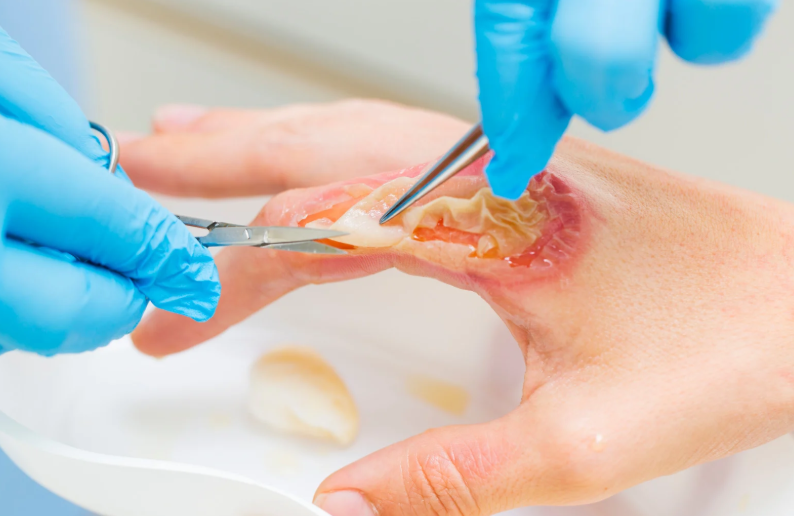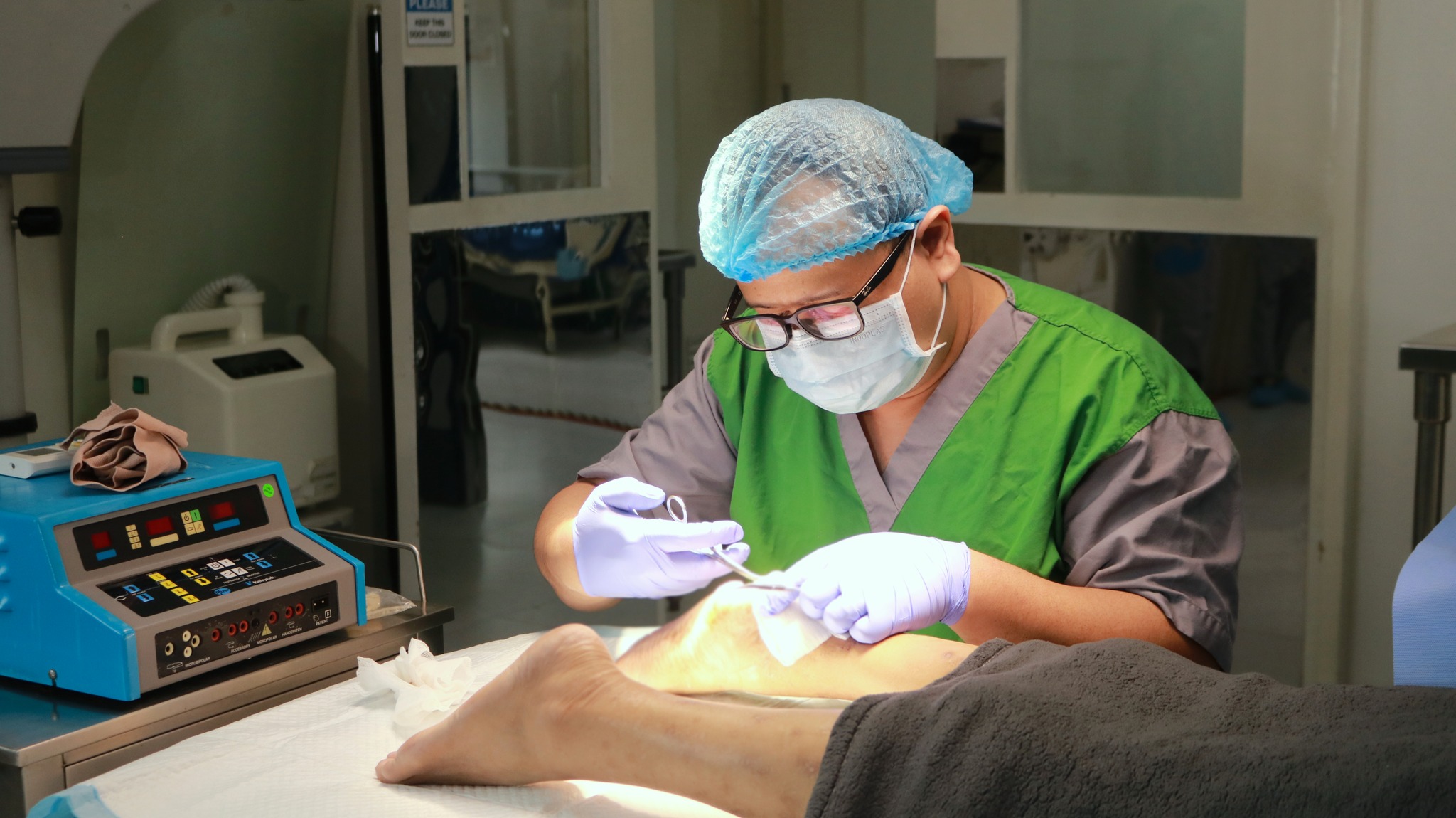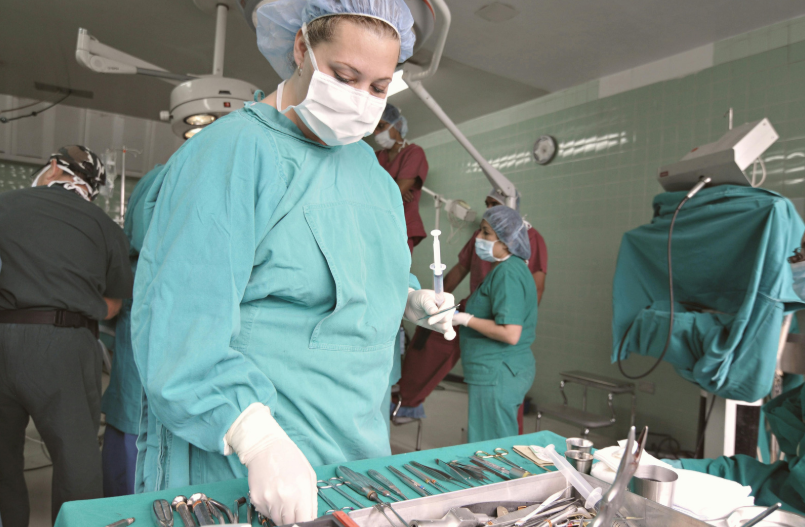In the realm of orthopedic care, knee surgery plays a crucial role in restoring stability and function to the knee joint. One such procedure gaining prominence is Medial Patellofemoral Ligament (MPFL) reconstruction. This surgery addresses patellar instability, a condition where the kneecap frequently dislocates, causing pain and limiting mobility.
Understanding the Medial Patellofemoral Ligament (MPFL)
The MPFL is a vital ligament that stabilizes the kneecap and prevents it from dislocating. When this ligament is torn or damaged due to injury or repetitive stress, patients may experience recurrent patellar dislocations. This instability can significantly impair daily activities and lead to further complications without proper treatment, often necessitating knee surgery.
Indications for Medial Patellofemoral Ligament Reconstruction
MPFL reconstruction is typically recommended for patients who have experienced multiple patellar dislocations or have significant ligament damage that compromises knee stability. Candidates for this knee surgery include athletes, young adults, and individuals with congenital knee issues predisposing them to patellar instability.
Surgical Procedure Explained
During MPFL reconstruction, the surgeon meticulously repairs or replaces the damaged ligament using either autografts (tissue from the patient’s own body) or allografts (donor tissue). This knee surgery involves precise techniques tailored to the patient’s condition and severity of injury, aiming to restore knee stability effectively.
Recovery and Rehabilitation Process
Following MPFL reconstruction, proper post-operative care is crucial for optimal recovery. Patients are typically advised to use crutches initially and gradually progress to weight-bearing activities under the guidance of a physical therapist. Rehabilitation focuses on strengthening the knee muscles and improving range of motion, key aspects of recovering from knee surgery.
Benefits of MPFL Reconstruction
The primary benefit of MPFL reconstruction is the restoration of knee stability, reducing the likelihood of future patellar dislocations. This knee surgery not only enhances physical function but also improves overall quality of life by alleviating chronic pain and restoring confidence in knee movement and stability.
Alternative Treatments for Patellar Instability
While MPFL reconstruction is highly effective, alternative treatments such as bracing, physical therapy, and other surgical interventions may be considered depending on the patient’s condition and preferences. Discussing these options with an orthopedic specialist is essential to determine the most suitable knee surgery or treatment plan.
Takeaway
MPFL reconstruction is a specialized knee surgery aimed at addressing patellar instability and restoring optimal knee function. It offers patients a reliable solution to recurrent dislocations, promoting long-term knee health and mobility. If you or someone you know is experiencing knee instability issues, consulting with a qualified orthopedic surgeon is the first step towards effective treatment and recovery.










